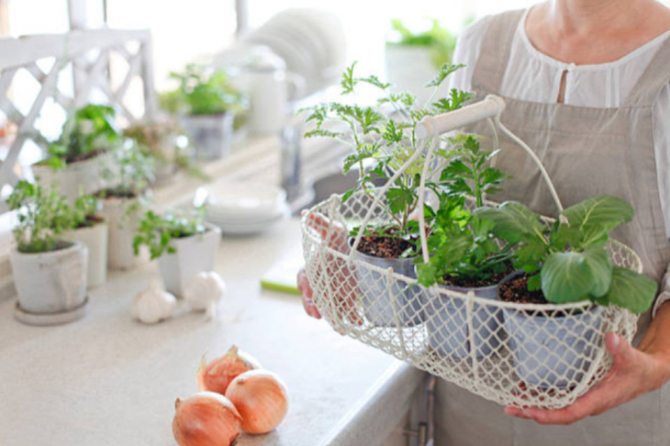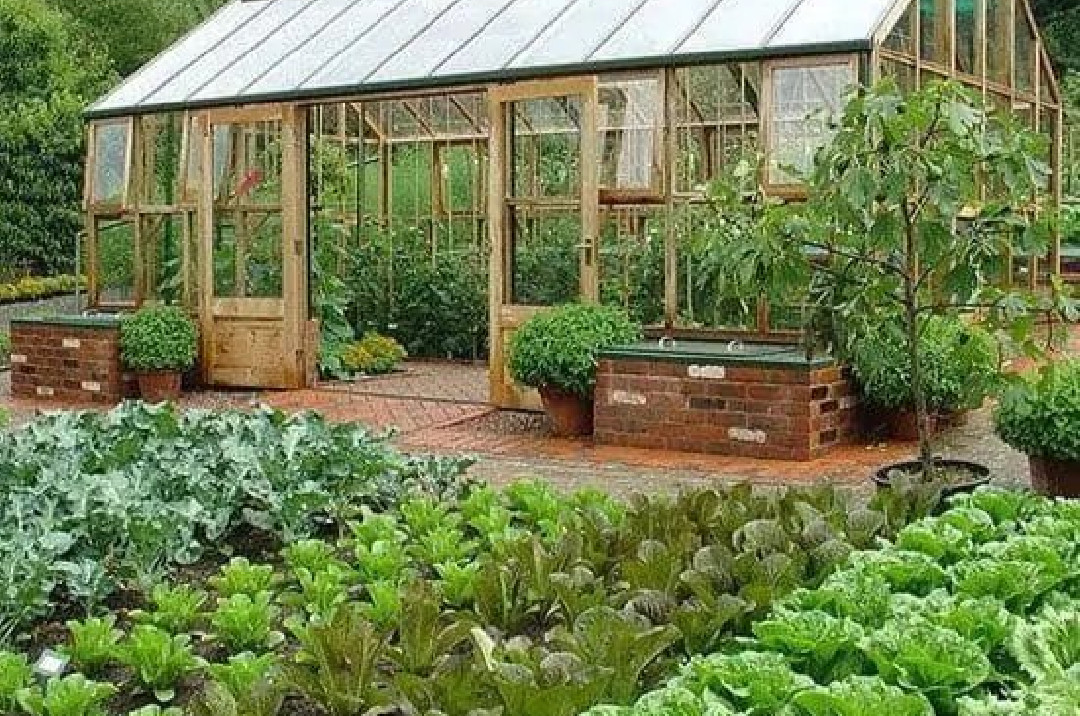Here are 8 Beneficial Herbal Plants Suitable for Growing in Your Kitchen Garden for You and Your Family
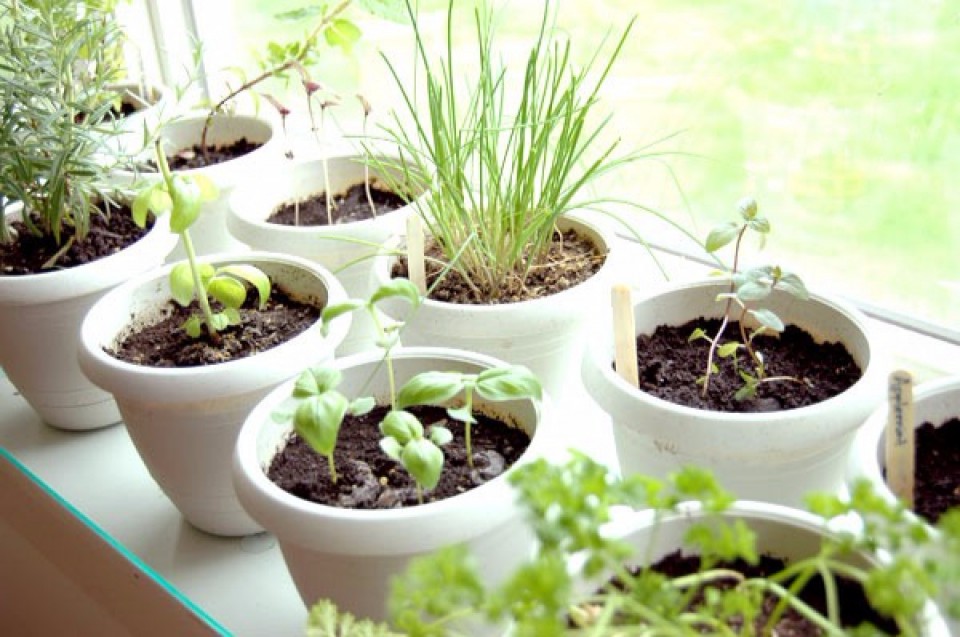
Planting herbs in your home garden or kitchen area can be incredibly beneficial. Not only do they add to the aesthetics of your home, but they also serve a variety of health purposes. Herbs planted near the kitchen can be particularly handy as they provide fresh ingredients for cooking. Here are some herbal plants that you can grow in your home:
1. Basil
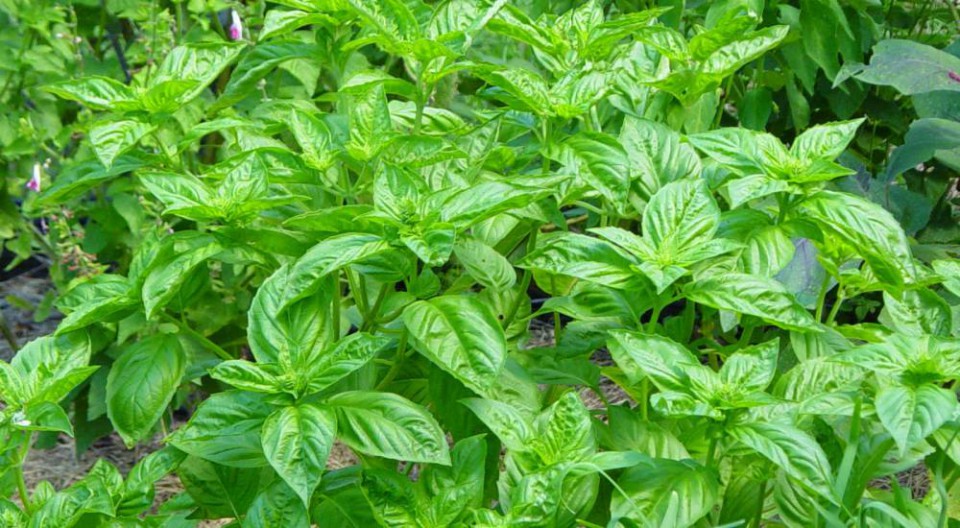
Basil is one of the most popular herbs for the kitchen. It is known for its fresh flavor and aroma. Whether used dried or fresh, basil is excellent for cooking. It also has medicinal uses, acts as an antioxidant, and can repel insects. When used in cooking, basil provides various health benefits such as vitamins A, K, and C, as well as calcium and iron.
2. Cilantro
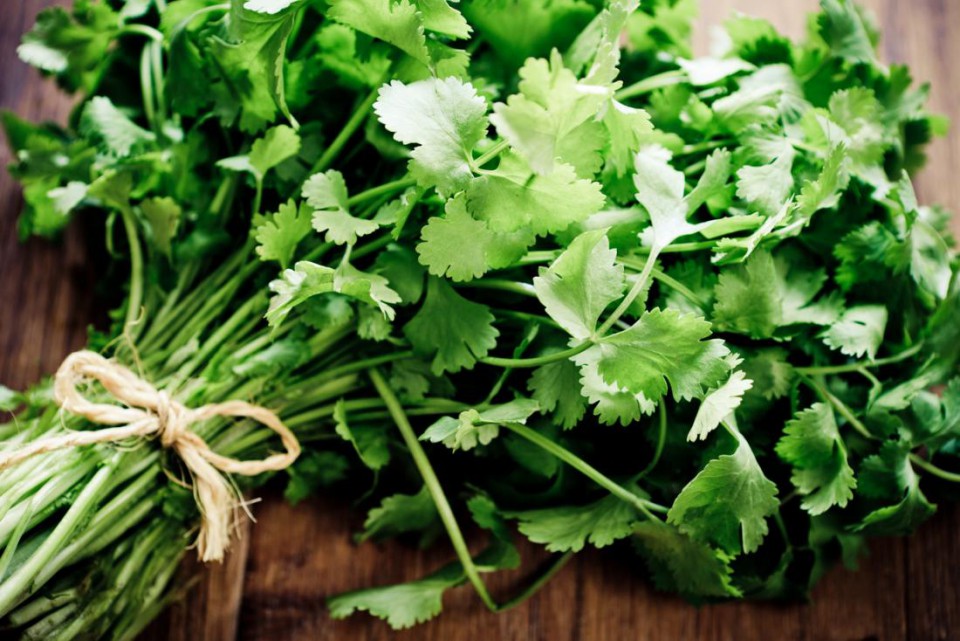
Cilantro is rich in antioxidants, especially vitamin C, equivalent to various vitamins and minerals. This herb is excellent for digestion and reducing inflammation caused by gas in the stomach. Coriander seeds are known to have a positive impact on blood sugar levels and reduce stress on the liver and pancreas, which produce insulin. Its aroma and taste are perfect for seasoning meats and make it a great addition to your kitchen.
3. Lavender
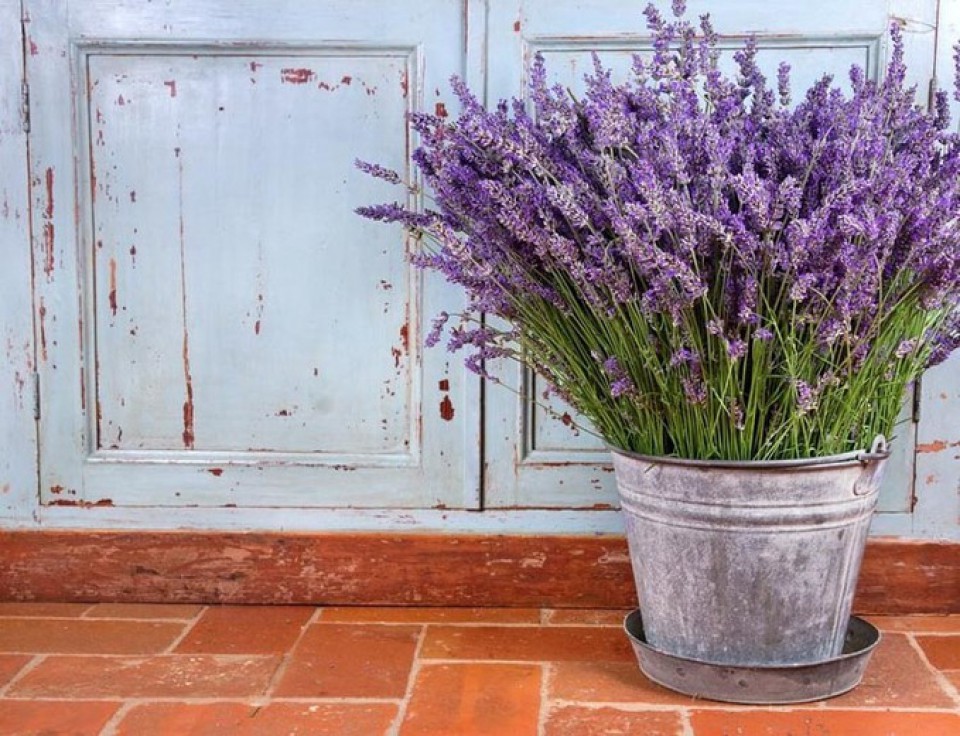
Lavender is one of the most versatile herbs and is known for its many herbal remedies, especially when distilled into oil. Lavender can also be used as a spice and in baking. It's effective in repelling insects and has numerous health benefits.
Growing lavender should begin indoors and then be transplanted outdoors. Lavender is highly sensitive to excessive moisture, so it should be placed in elevated areas or in pots.
4. Mint
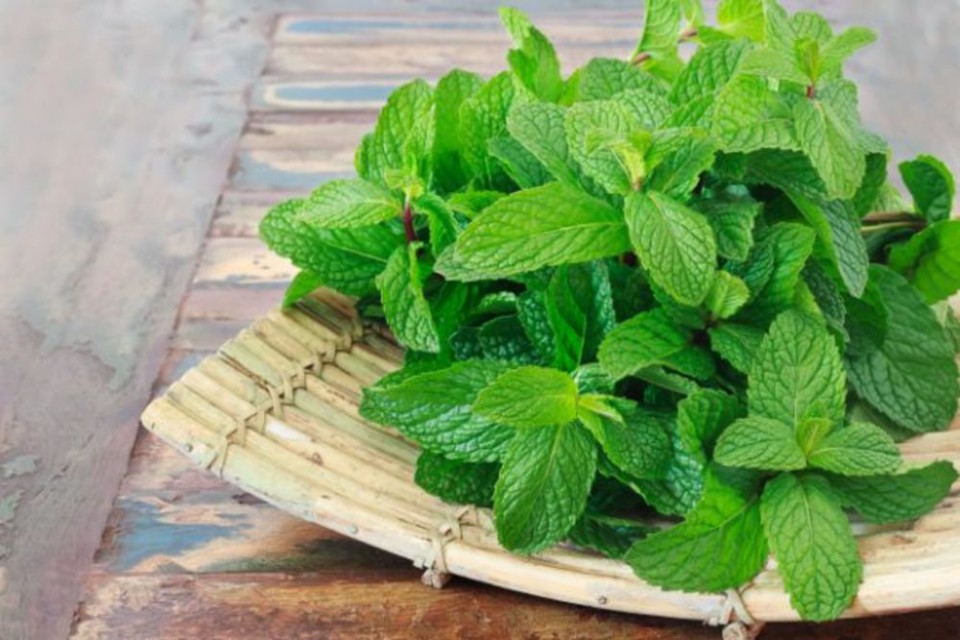
Mint is excellent for repelling various pests, including rodents, ants, and spiders. Planting mint around your home can help protect your garden from unwanted pests. Mint tea can aid in relieving sinus issues, headaches, and promoting relaxation. Mint oil is also beneficial for digestion and alleviating menstrual cramps.
5. Rosemary
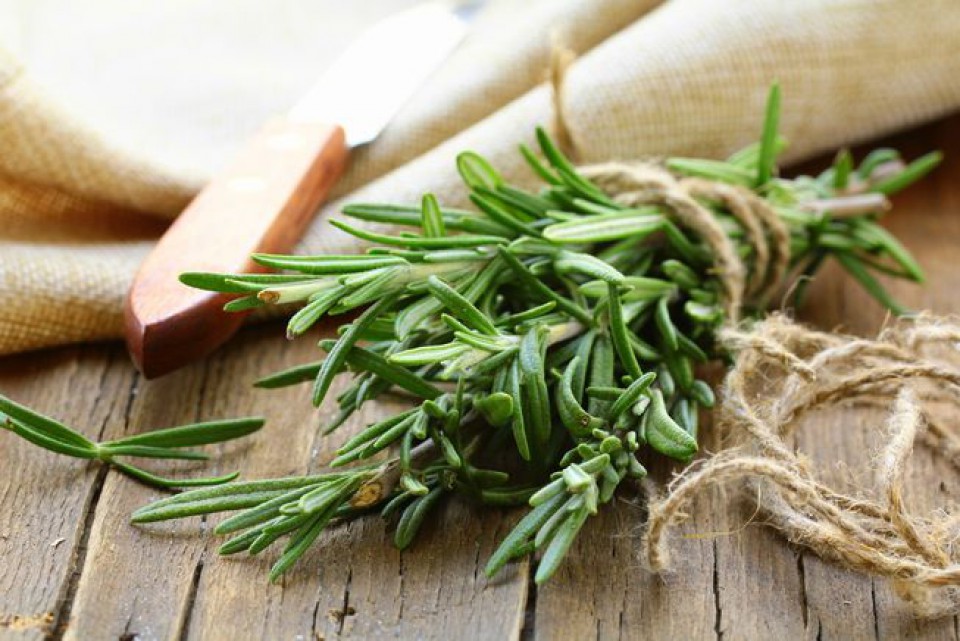
Similar to mint, rosemary is effective in repelling garden pests, including mosquitoes and flying insects. Even cats tend to avoid this herb. Rosemary is a natural herb known for aiding digestion, eliminating bad breath, and relieving pain. Rosemary oil is excellent for hair growth, dandruff removal, and soothing irritated skin. Its aroma can clear the mind, reduce anxiety, and relieve daily stress.
6. Lemon Balm / Daun Jeruk
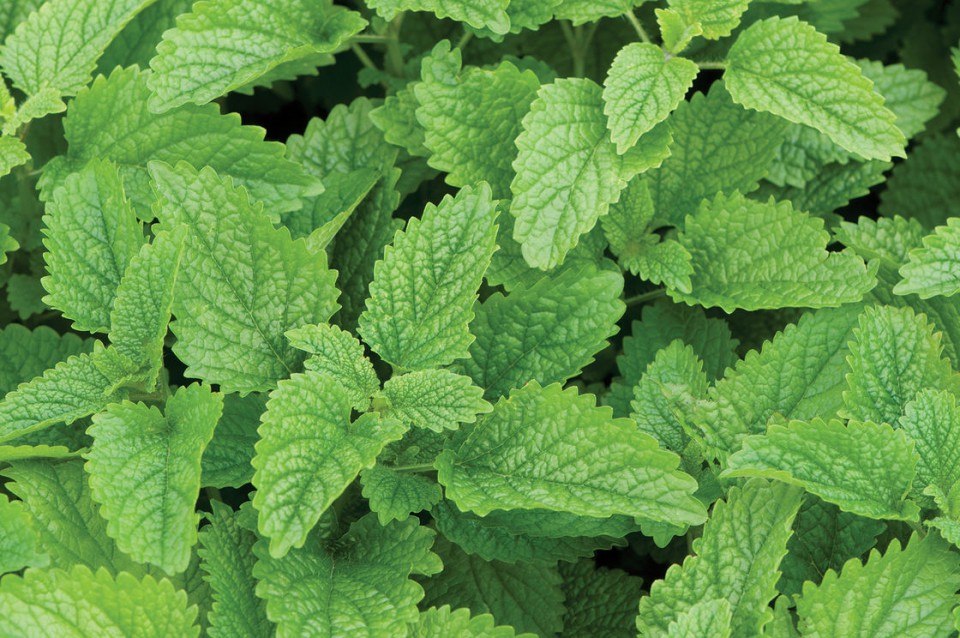
Lemon balm, a member of the mint family, is easy to grow and offers various health benefits. Its citrus aroma is refreshing and naturally relieves tension and anxiety. Lemon balm can also be applied to reduce cramps, stomachaches, and aid in digestion. Lemon balm tea is often consumed to improve mental clarity and increase alertness. Adding fresh lemon balm to salads provides a citrusy freshness.
7. Parsley
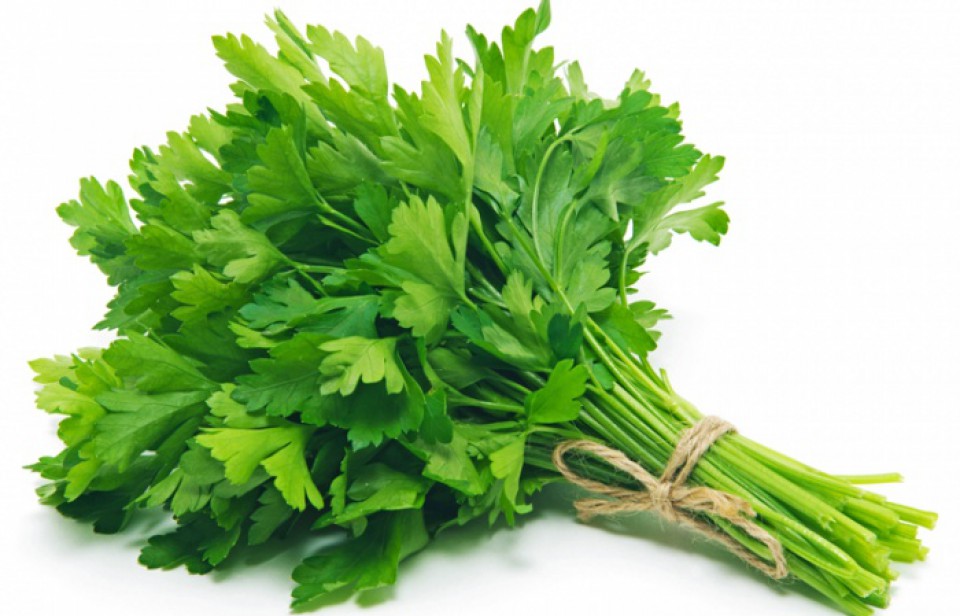
Parsley is an antibacterial herb that enhances the immune system and neutralizes bad breath. It is a powerful antioxidant and anti-inflammatory agent beneficial for digestion and detoxification. However, pregnant women should avoid this herb as it can induce uterine contractions. When used in cooking, parsley adds flavor to vegetable dishes.
8. Sage
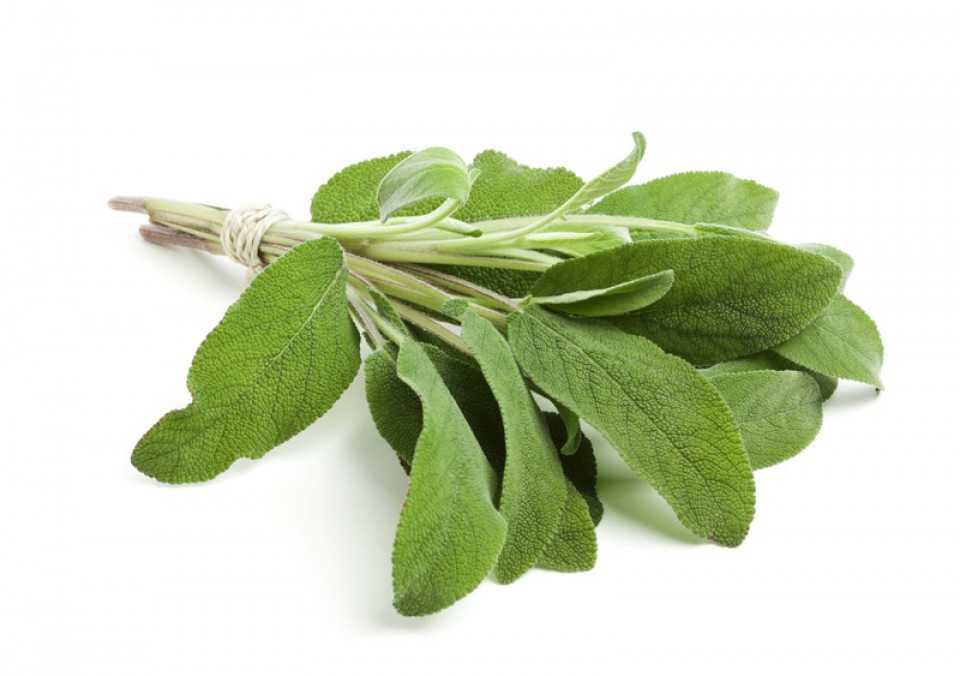
Sage tea is an effective herbal remedy. It has various positive effects, such as slowing down the graying of hair, reducing fever, and calming panic and anxiety. Sage tea can also alleviate stomach gas caused by stress and treat infections in the mouth and throat. In cooking, it is primarily used as a sauce and garnish. Both the flowers and leaves are suitable for making herbal tea.
These are some of the herbal plants that you can grow in the vicinity of your kitchen. Not only do they offer health benefits, but they also enhance the flavor and aroma of your dishes.



